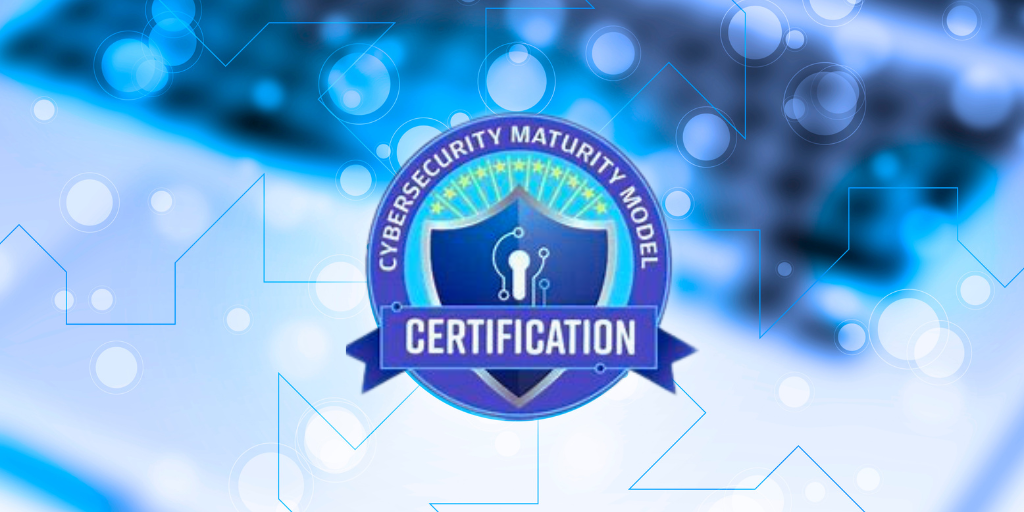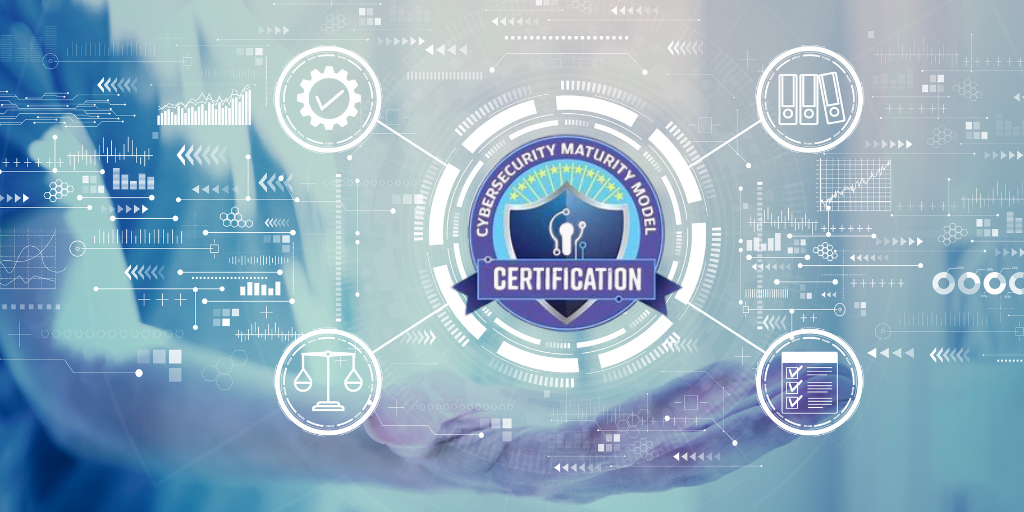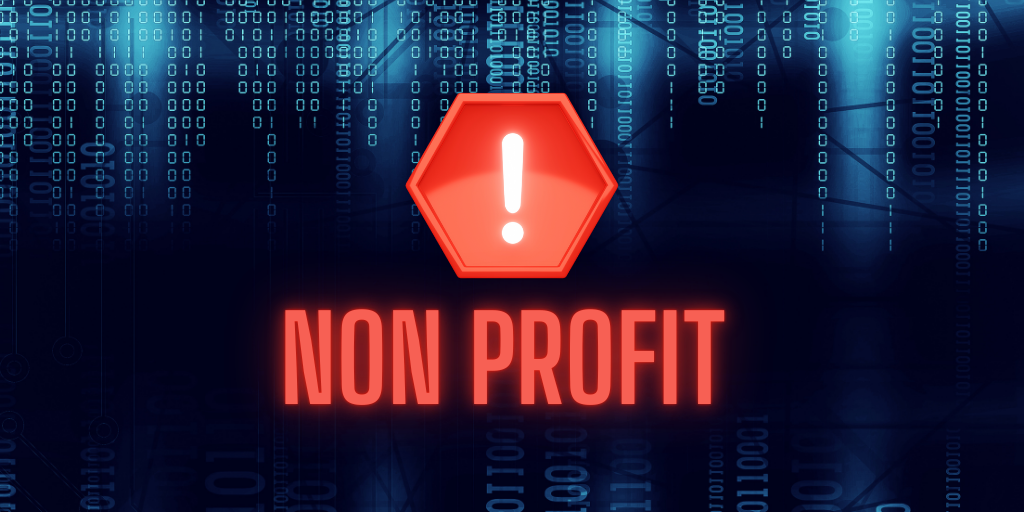Addressing CMMC Compliance Gaps for Small Businesses
Navigating the complex landscape of CMMC compliance can be a daunting task for small businesses, but with the right strategies, achieving and...
5 min read
.jpeg) Michael Markulec
:
Dec 13, 2024 2:15:59 PM
Michael Markulec
:
Dec 13, 2024 2:15:59 PM

Navigating the complexities of CMMC can be daunting, but understanding its essentials is crucial for small businesses in the defense sector.
The Cybersecurity Maturity Model Certification (CMMC) is a comprehensive and unified standard designed to enhance and implement robust cybersecurity measures across the defense industrial base (DIB). This framework is meticulously structured to encompass multiple cybersecurity maturity levels, each representing a progressive step towards more sophisticated and secure practices. These levels range from basic cyber hygiene, which includes fundamental practices such as regular software updates and password management, to advanced practices that involve intricate security protocols and cutting-edge technologies. Each level is carefully crafted to build upon the previous one, incrementally adding more stringent security controls and processes to ensure a fortified defense against cyber threats.
Introduced by the Department of Defense (DoD), the CMMC framework is a strategic initiative aimed at safeguarding sensitive unclassified information that resides on the networks of defense contractors. While not classified, this information is critical to national security and requires protection from potential cyber threats. As such, the CMMC certification is becoming an indispensable prerequisite for companies aspiring to bid on DoD contracts. This makes it imperative for small businesses, which are integral to the defense sector, to understand and comply with its requirements thoroughly. By doing so, they not only protect their data and systems but also contribute to the overall security and resilience of the defense supply chain.
Small businesses form the backbone of the defense industrial base, playing a crucial role by often contributing specialized skills, unique innovations, and niche expertise that larger companies may not possess. These businesses are integral to developing and maintaining cutting-edge technologies and solutions that support national defense efforts. However, despite their significant contributions, they are prime targets for cyber-attacks. This vulnerability arises from their typically less robust cybersecurity measures, which can be attributed to limited resources, both financial and technical, that small businesses often need help with. Cybercriminals see these businesses as easier targets, potentially using them as entry points to access more extensive networks within the defense sector.
Implementing the Cybersecurity Maturity Model Certification (CMMC) is a strategic move that helps these businesses fortify their cybersecurity posture. By adopting CMMC standards, small businesses can significantly enhance their security measures, thereby safeguarding their valuable assets and sensitive information and contributing to the protection of the larger defense ecosystem. This proactive approach to cybersecurity ensures that they are not the weak link in the defense supply chain, thereby maintaining the integrity and security of the entire network.
Compliance with CMMC goes beyond merely meeting regulatory requirements; it also plays a pivotal role in enhancing a company's reputation and competitiveness in the defense industry. Achieving CMMC certification signals to potential clients and partners that a small business is committed to maintaining high cybersecurity standards. This commitment can provide a competitive edge, as companies with CMMC certification are more likely to secure defense contracts. It demonstrates their dedication to protecting sensitive information and their capability to handle critical defense projects securely. In an industry where trust and reliability are paramount, CMMC certification can be decisive in winning contracts and establishing long-term partnerships.
Achieving CMMC compliance involves several key steps to ensure a robust cybersecurity framework. First and foremost, businesses must conduct a comprehensive self-assessment to understand their current cybersecurity posture thoroughly. This initial step is critical as it thoroughly evaluates existing security controls, policies, and procedures. During this assessment, businesses should meticulously identify gaps or weaknesses in their current systems that must be addressed to meet CMMC standards. This process may include reviewing access controls, data protection measures, incident response plans, and other critical security components.
Once the self-assessment is complete, the next step is for companies to develop and implement a strategic plan to meet CMMC requirements. This plan should be well-structured and may involve adopting new technologies that enhance security, such as advanced encryption methods, intrusion detection systems, and secure communication protocols. Additionally, updating existing policies and procedures to align with CMMC standards is crucial. This might include revising data handling practices, enhancing user authentication processes, and establishing clear guidelines for cybersecurity incident management. Training staff is another vital component of this phase, ensuring that all employees know their roles and responsibilities in maintaining cybersecurity and are equipped with the necessary skills to do so effectively.
Once these measures are implemented, businesses can engage a certified third-party assessment organization (C3PAO) to conduct an official CMMC audit. This audit rigorously evaluates the company's cybersecurity practices and is essential for obtaining CMMC certification. The C3PAO will assess whether the implemented measures meet the required standards and provide feedback on areas needing further improvement.
Finally, continuous monitoring and improvement are crucial components of maintaining CMMC compliance. Cyber threats are constantly evolving, so businesses must remain vigilant and proactive in updating their security practices. This involves regularly reviewing and enhancing security measures, staying informed about emerging threats, and adapting to new cybersecurity technologies and strategies. By fostering a culture of continuous improvement and vigilance, businesses can ensure that they not only achieve but also maintain CMMC compliance over time, thereby safeguarding their operations and contributing to the overall security of the defense industrial base.
One common challenge small businesses face is the cost of implementing CMMC requirements. The financial burden can be significant, as it involves the initial investment in new technologies and ongoing expenses related to training employees and conducting external audits. These costs can quickly add up, especially for small businesses that may already be operating on tight budgets. The need to purchase advanced cybersecurity software, hardware upgrades, and other technological tools to meet CMMC standards can strain financial resources. Hiring skilled personnel or consultants to guide the implementation process and ensure compliance can increase expenses. To mitigate this financial strain, businesses can explore various avenues for financial assistance. They can seek grants or subsidies the government offers specifically designed to support small businesses in enhancing their cybersecurity measures. Industry organizations may also provide funding opportunities or financial incentives to encourage companies to adopt robust cybersecurity practices. By taking advantage of these resources, small businesses can alleviate some financial pressures associated with CMMC compliance.
Another challenge is the complexity of the CMMC framework itself. The framework is designed with multiple cybersecurity maturity levels, each with specific requirements and controls. For small businesses, navigating these levels and fully understanding the detailed requirements can be overwhelming and time-consuming. The intricacies of the framework demand a thorough comprehension of cybersecurity principles and practices, which may be beyond the expertise of many small business owners and their staff. To address this challenge, businesses can engage cybersecurity consultants specializing in CMMC compliance. These experts can provide tailored guidance and support, helping companies interpret the framework's requirements and develop effective strategies for implementation. Additionally, participating in industry workshops and training sessions can be invaluable. These events offer opportunities to learn from experts, share experiences with peers, and gain insights into best practices for achieving and maintaining compliance.
Lastly, maintaining compliance over time requires continuous effort and vigilance. Cybersecurity is not a one-time project but an ongoing commitment to protecting sensitive information and systems. Establishing a culture of cybersecurity within the organization is essential to ensure that practices remain practical and up-to-date. This involves regular employee training sessions to inform them about the latest cybersecurity threats and best practices. It also requires updating security protocols and technologies as new vulnerabilities and threats emerge. By fostering a proactive approach to cybersecurity, businesses can create an environment where every employee understands their role in maintaining security and is equipped with the knowledge and tools to do so effectively. Regular audits and assessments can help identify areas for improvement and ensure that the organization remains compliant with CMMC standards over time.
Looking ahead, the CMMC framework is expected to evolve significantly, with updates and refinements being introduced to address the ever-changing landscape of cybersecurity threats and incorporate valuable industry feedback. As cyber threats become more sophisticated and pervasive, the Department of Defense (DoD) is dedicated to ensuring that the CMMC remains a dynamic and integral component of its overarching cybersecurity strategy. This commitment underscores the growing importance of compliance, as adhering to CMMC standards will be a regulatory requirement and a critical factor in safeguarding national security interests. The DoD's focus on continuously enhancing the CMMC framework reflects its proactive approach to fortifying the defense industrial base against potential vulnerabilities and ensuring that all entities involved are equipped to handle emerging challenges.
Staying ahead of these anticipated changes will be paramount for small businesses operating within the defense sector. By proactively investing in cybersecurity measures now and committing to continuously improving their practices, these businesses can strategically position themselves to seize future opportunities and remain competitive in the industry. This forward-thinking approach will enable them to adapt to new requirements swiftly and effectively, ensuring they are kept up as the CMMC framework evolves. The transition towards a more secure and resilient defense industrial base will benefit all stakeholders. It will ensure that sensitive information is adequately protected from cyber threats, thereby maintaining the integrity and security of the defense supply chain. This collective effort will contribute to a robust and resilient national defense infrastructure, where small businesses play a vital role in supporting and advancing the nation's security objectives.

Navigating the complex landscape of CMMC compliance can be a daunting task for small businesses, but with the right strategies, achieving and...

In an increasingly digital world, non-profits are prime targets for cyber threats. You can just discover how a Virtual CISO can protect your...

Small businesses must prioritize secure messaging to protect sensitive information and maintain customer trust.